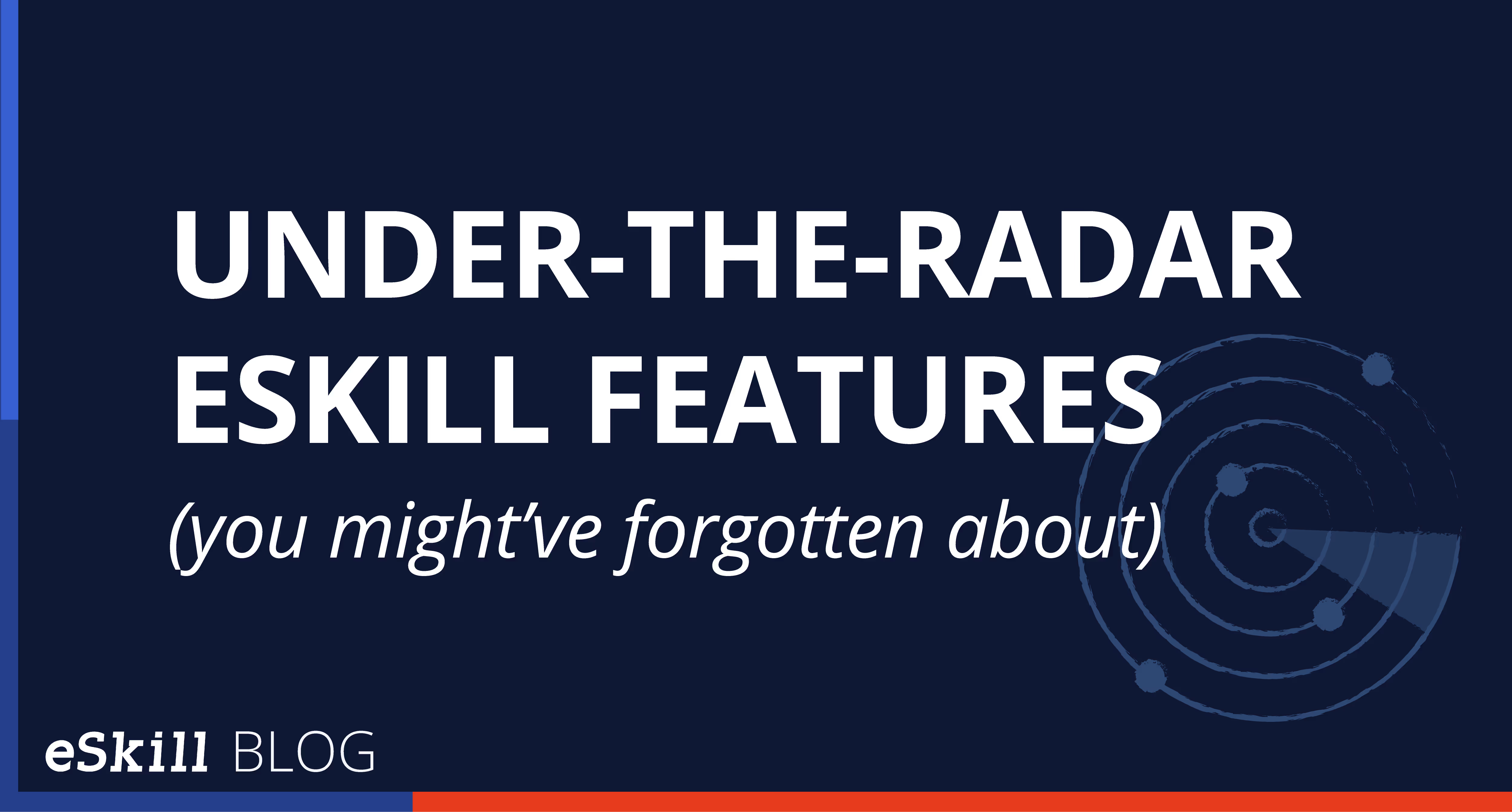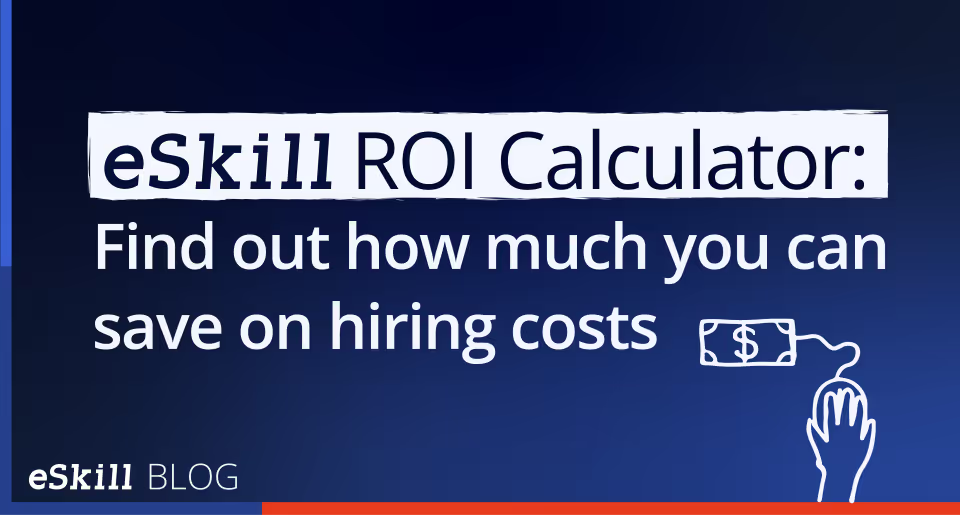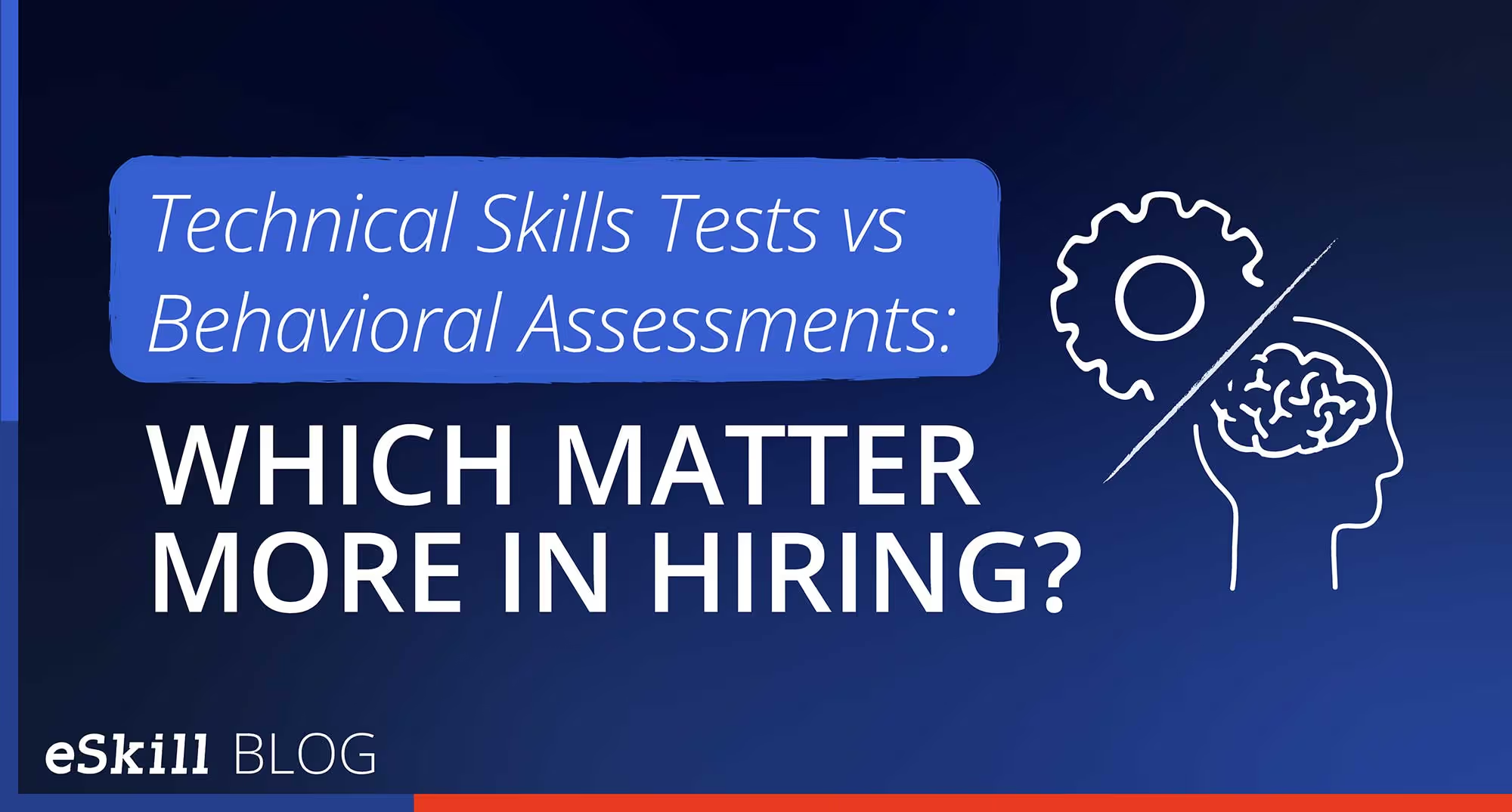These days, it’s more important than ever to make sure that employees have all the skills they need to succeed in their jobs. The more you can find out about your applicants’ education, experience, and skills before hiring them, the more likely you are to end up with the best candidate who will excel in his or her tasks. There are many skills to consider and one that more and more companies are looking for is digital literacy.
According to Cornell University’s Digital Literacy Resource, digital literacy is “the ability to find, evaluate, utilize, share and create content using information technologies and the Internet.” It involves having a working knowledge of current technology and how it can best be used. This is not to be confused with being computer literate, which means knowing how to use the basic functions of a computer, or even with being Internet savvy or knowing how to navigate the Internet.
It’s about understanding how information can be found and communicated through computer hardware and software, the Internet, smartphones, tablets, and other digital devices, and knowing how to use these digital outlets to interact with society in a morally responsible way. A person who possesses digital literacy skills:
- Knows the basic principles of how to use a computer, laptop, smartphone, and tablet;
- Can effectively engage in online communities like social networks;
- Is able to efficiently search for, summarize, and analyze information online;
- Understands the moral guidelines and behavioral protocols for accessing and using online information.
Digital literacy skills have become very important in the workplace, since most employees are expected to know the basics of our digital world, at least to some degree. Some companies, like those that deal with computer and Internet technologies directly or develop software and applications, only seek candidates with strong digital literacy skills. However, most companies would benefit from having employees with some level of digital literacy.
Think about the biggest companies today: the Fortune 500, and the role they play in our digital society. They actively engage with customers online, through their computers, tablets, and smartphones. They have mobile-ready websites, apps about their products, and social media accounts. Just think about the number of lives they touch through their digital assets.
According to the Center for Marketing Research at the University of Massachusetts, Dartmouth (which released one of the first studies on social media adoption among Fortune 500 companies), 83 percent of the Fortune 500 companies have corporate Twitter accounts – a 6 percent increase over 2013. Furthermore, seven of the top 10 companies (Wal-Mart, Exxon, Chevron, Phillips 66, General Motors, General Electric, and Ford Motors) consistently post on their Twitter accounts.
So what does this mean in terms of employee digital literacy skills? With more companies using digital means to communicate with their customers—through social media accounts, corporate blogs, and mobile apps—there’s an increase in demand for people with digital literacy skills. And not just at companies that deal exclusively with digital technologies, but at most companies, across the board. Candidates applying for jobs like social media manager, data research associate, or app developer must have strong digital literacy skills. Even candidates applying for jobs that don’t explicitly deal with digital literacy should know what it is and why it’s important.
But how do you find candidates with good digital literacy skills? Some will be easy to identify, depending on their training and experience. A quick glimpse at a candidate’s resume can reveal whether they have dealt with, created, or managed digital assets—like someone who has worked as a social media manager, for example. In other cases, it may be more difficult to determine if someone fits the bill.
Pre-employment testing and simulation assessments can help employers determine whether a candidate has the right digital literacy skills for the job. This is especially true if you’re looking to see whether they know how to physically use digital platforms, but also their level of understanding of the moral, ethical, and professional responsibilities that managing those digital platforms requires.
Do you think digital literacy is an important asset in a candidate? How do you determine if someone has the digital literacy skills you’re looking for?

Get ademo.






